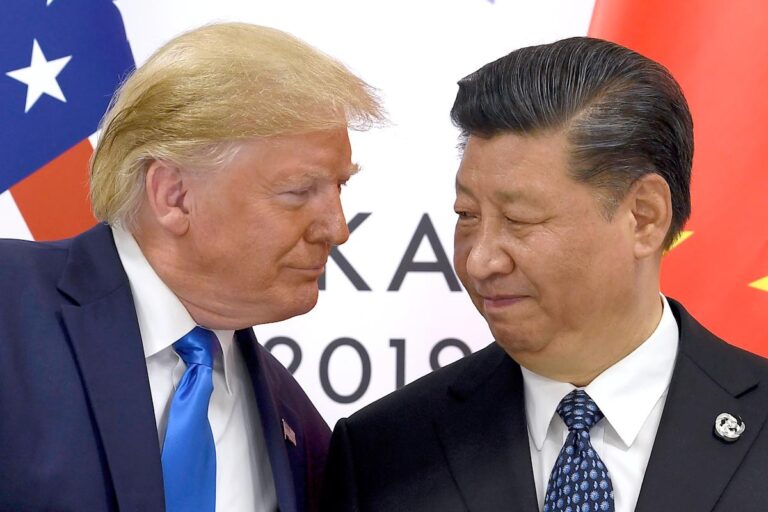Trump’s Trade Demands Ahead of Crucial China Talks
President Trump has outlined his primary trade demands to be addressed with China, emphasizing rare earth materials, fentanyl, and soybeans as significant concerns. This comes at a critical juncture as negotiations loom, and the fragile trade truce between the U.S. and China is set to expire soon.
Key Issues on the Table
During a recent flight aboard Air Force One, Trump expressed frustration with China’s management of rare earth materials. “I don’t want them to play the rare earth game with us,” he stated, highlighting the importance of these resources in global supply chains and U.S. economic security.
New Agreements with Australia
In a strategic move aimed at countering China’s influence, Trump signed an agreement with Australian Prime Minister Anthony Albanese to enhance U.S. access to critical minerals. This deal is perceived as a direct response to China’s recent restrictions on rare earth exports, which could significantly impact American industries.
Tariffs and Trade Tensions
Last week, Trump acknowledged that the high tariffs on Chinese goods were “not sustainable,” which helped alleviate fears of further trade escalation. However, he confirmed plans to impose a significant 100% tariff on specific Chinese imports starting on November 1, particularly in response to China’s new export controls on rare earth minerals.
Impact on American Consumers
According to Goldman Sachs, American consumers can expect to bear the brunt of the tariffs, with prices on various goods likely to increase. This has triggered concerns about the wider economic implications and the sustainability of ongoing trade wars.
Future Meetings and Negotiations
As trade discussions continue, the U.S. and China are slated to engage in talks later this week, while a meeting between Trump and Chinese President Xi Jinping is anticipated later this month. Despite some uncertainties surrounding the meeting’s confirmation, both leaders have expressed cautious optimism about reaching a favorable trade agreement.
China’s Response to U.S. Policies
China has responded to the U.S.-Australia agreement by urging resource-rich nations to play a proactive role in stabilizing global supply chains. Tensions remain high, as China’s Ministry of Commerce accused the U.S. of causing panic over its export controls, indicating that the geopolitical landscape will influence future negotiations.
Conclusion
As the U.S. prepares for critical trade discussions with China, the stakes are higher than ever. Trump’s focus on rare earths, fentanyl, and soybeans will be pivotal in shaping the future of U.S.-China relations. As both countries navigate these tumultuous waters, the global economy watches closely, anticipating the outcomes of these significant negotiations.
